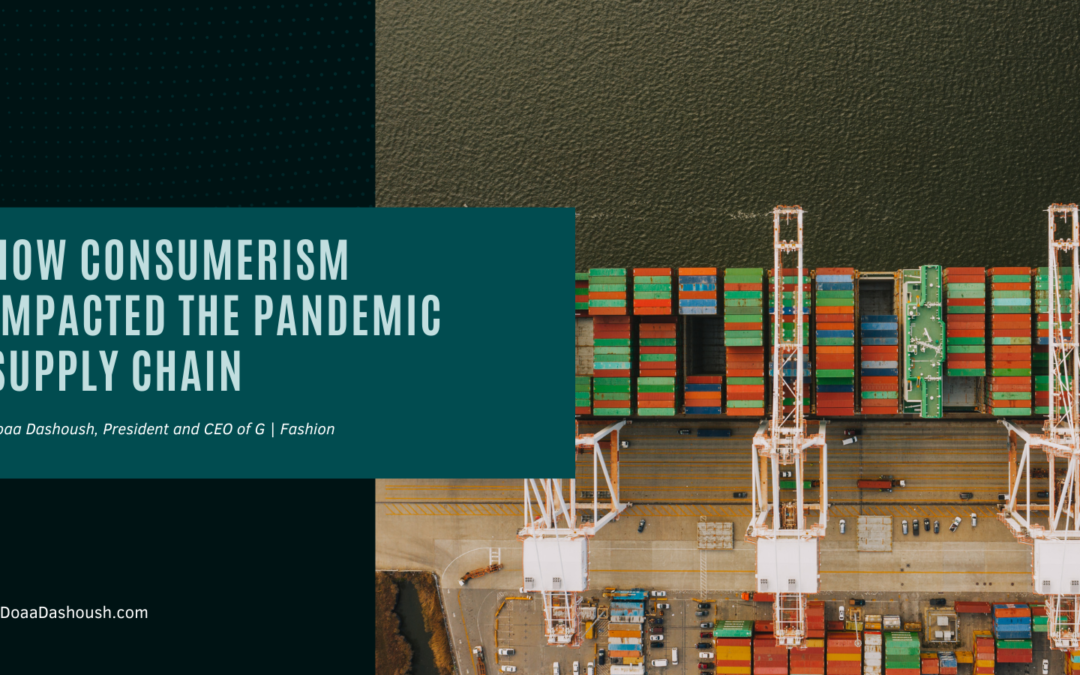Consumerism is an undeniable part of the modern world. In today’s day and age, having the latest gadget or the hippest clothing style is not just seen as a necessity but a status symbol. This is especially evident in the fashion industry, where the style of fast fashion pioneered by stores such as Zara and H&M have propagated multi-billion dollar profits. Despite the great business plans pioneered by these companies, the harmful effects of consumerism have had a particularly troubling impact on the supply chain during the pandemic.
Fashion and Consumerism
Before analyzing the effects of consumerism on the supply chain, it is first necessary to examine consumerism through the lens of the fashion industry. As previously noted, clothing companies such as H&M have made profits of over $20 billion by pioneering the idea of fast fashion.
Fast fashion allows for companies to quickly turn out new styles of clothing, getting them from textile factories to malls in a matter of months. Part of the appeal of this style is that consumers are encouraged to regularly buy new articles of clothing and then discard old ones after only wearing them a few times. The relatively low cost of these types of items helps this business plan. Consumers are further encouraged to buy new products as companies often tout them as “limited time only,” giving the appearance of greater exclusivity to specific items.
Effects on the Supply Chain
The type of consumerism fueled by the fast fashion industry harms the supply chain by creating unsafe working conditions in clothing factories. As consumers demand more and more new products, companies are forced to move their operations to the third world and developing nations, where regulations governing workers’ rights are far less stringent than in the United States or other developed countries. Thus, workers in these nations are often from the most vulnerable sectors of society, who regularly face the peril of negligence and abuse in factories. The pandemic exacerbated these problems, where lack of health protocols has led disease to rampant, further worsening the supply chain problem.
Outside the supply chain, the rampant consumerism of fast fashion is also harmful to the environment. In a study from 2016, it was estimated that people in the United Kingdom threw out an estimated 300,000 tonnes of clothing, leading to more significant problems in landfills.
Consumerism and fast fashion have had measurable effects during the pandemic. Public interest in fast fashion led to increased demand for clothing items, sparking a health crisis in developing nations. This crisis has, in turn, spread to the supply chain, creating higher demand for products and worsening the crisis at ports.
Doaa Dashoush is an experienced businesswoman in the fashion industry. She currently serves as the President and CEO of GFASHION, a global luxury brand currently based in New York City. GFASHION prides themselves on their unique approach to the industry. They don’t follow trends set by others. The Luxury brand focuses on innovative design through their work with the top designers on collections that reflect the company’s craftsmanship.
